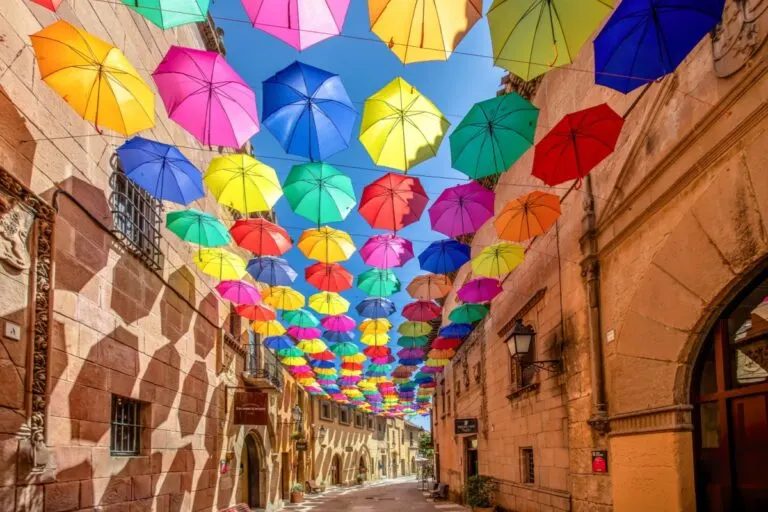Airbnb was once considered the best thing to happen to budget travelers.
It was a way for homeowners to earn a little extra cash and for travelers to see the world without forking out for expensive hotels.
But oh how the mighty have fallen!
The commercialization of Airbnb has been accused of pushing up house prices, driving local people out of their towns, and causing overtourism.
To add insult to injury, Airbnbs are no longer cheaper than opting for a budget hotel in many destinations.
As a result, these European cities have banned Airbnbs, and they’re not alone!
Barcelona Leads The Charge
Barcelona started the anti-Airbnb trend, and other cities followed their lead!
Barcelona became the first European city to ban short-term private room rentals in 2021, effectively banning Airbnb in the city.
No room in the city can be rented for less than 31 days.
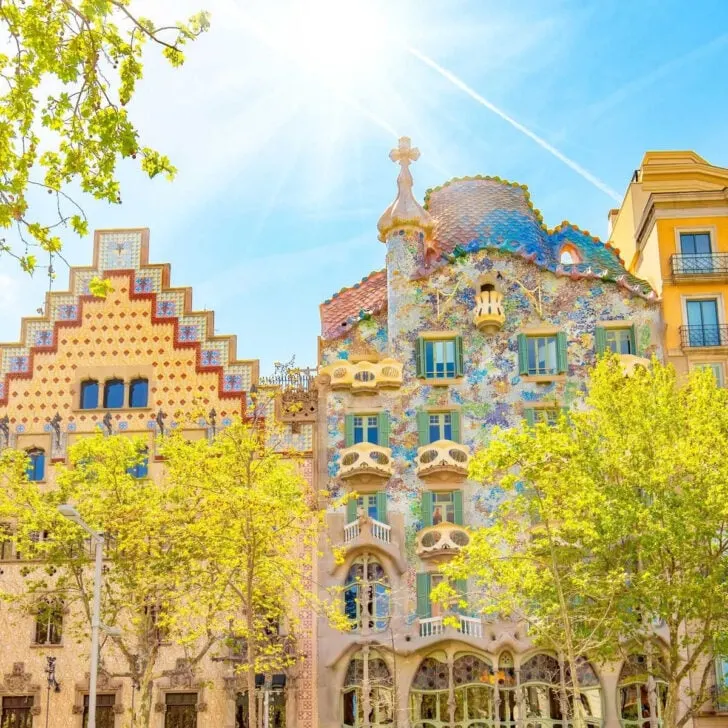
Palma, which is the capital of the Spanish island of Majorca, has also banned Airbnbs with some caveats.
There can be no Airbnb rentals in apartment buildings, but existing houses and villas can still be listed for short term let.
The destination has banned tourists from renting in apartment buildings. Hosts on the platform are only allowed to rent out single-family homes that have to be isolated houses or villas.
The German capital of Berlin banned Airbnbs outright in 2016, but in a new twist, it reintroduced them in 2018.
However, there are very severe restrictions, which make it very difficult to own an Airbnb in the city, and there are very few listings there as a result.
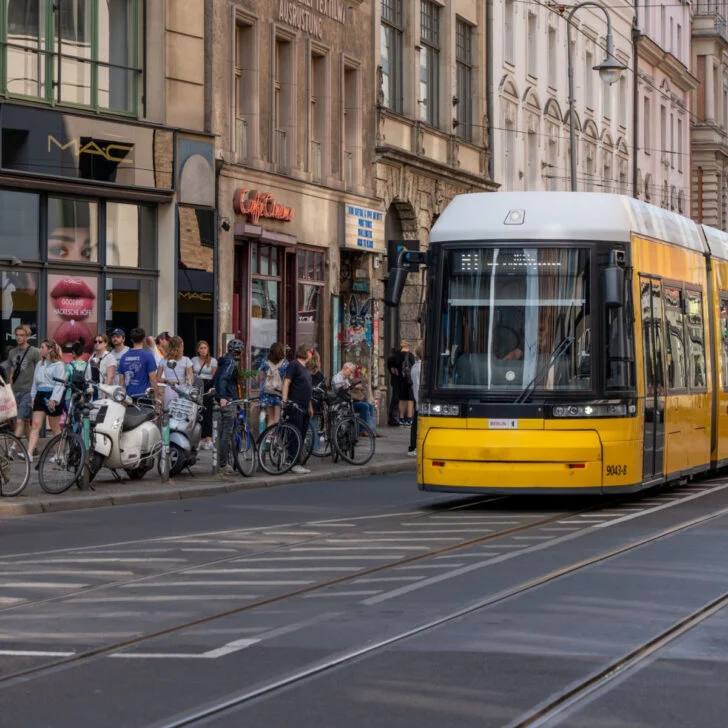
Berlin isn’t the only German city with strict Airbnb restrictions.
Properties in Munich can only be let on Airbnb for 8 weeks per year and Stuttgart has 10 week limits.
You can only circumnavigate this if you have permits for longer stays.
No More New Listings
Some cities have taken a softer approach.
Florence in Italy declared that no new Airbnbs could be registered or listed in the city, but haven’t banned the Airbnbs that already exist in the city.
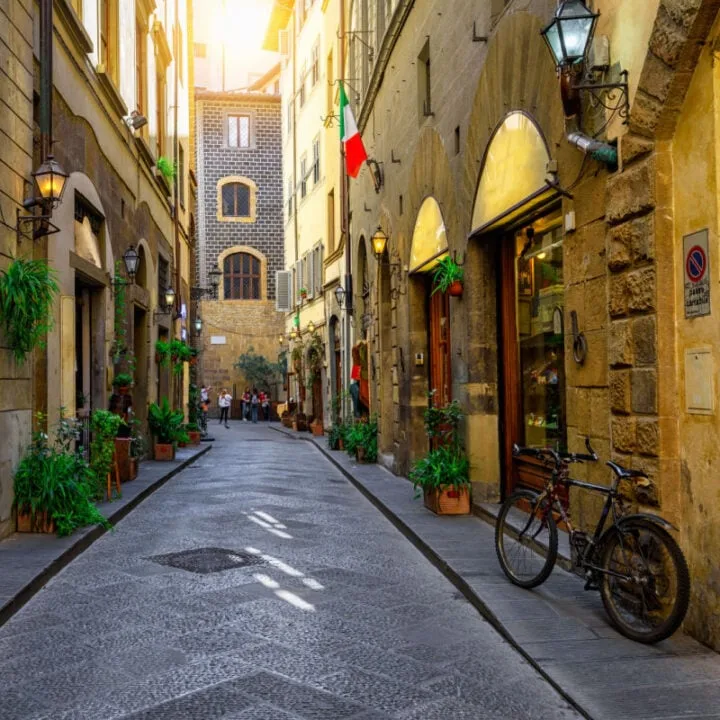
This approach was also adopted in Portugal. The country has universally stopped issuing new licenses for Airbnbs and Airbnb-style lets.
The only exception is in rural areas (where the vast majority of tourists don’t want to visit anyway!).
Rules Limiting Airbnb Businesses
In July Vienna in Austria introduced tight restrictions on Airbnb with no rules meaning that home owners are limited to renting out properties to tourists for a maximum of 90 days each year.
London adopted the same policy. Airbnb hosts can only rent out their property for 90 nights or fewer per year.
And Amsterdam chose this approach to their Airbnb restrictions too. Hosts can only rent out their properties for a maximum of 30 nights per year, otherwise they’ll need a short-term stay business permit.

Paris also joined this group and implemented strict regulations on the number of days a homeowner can list their property on Airbnb.
This policy effectively stops second homeowners from using Airbnb as a business in these cities.
So, Where Next?
The wider attitude to Airbnbs is changing, with more cities than ever considering banning them or at least introducing severe restrictions, so that there is sufficient housing left for their own citizens.
So where might ban Airbnb next? Czechia has proposed new plans to limit Airbnbs in its most popular cities, such as Prague, to ensure affordable housing is available to citizens.
This would look like a cap on the number of days a property can be rented out per year, and putting stricter tax regulations on Airbnb owners too.
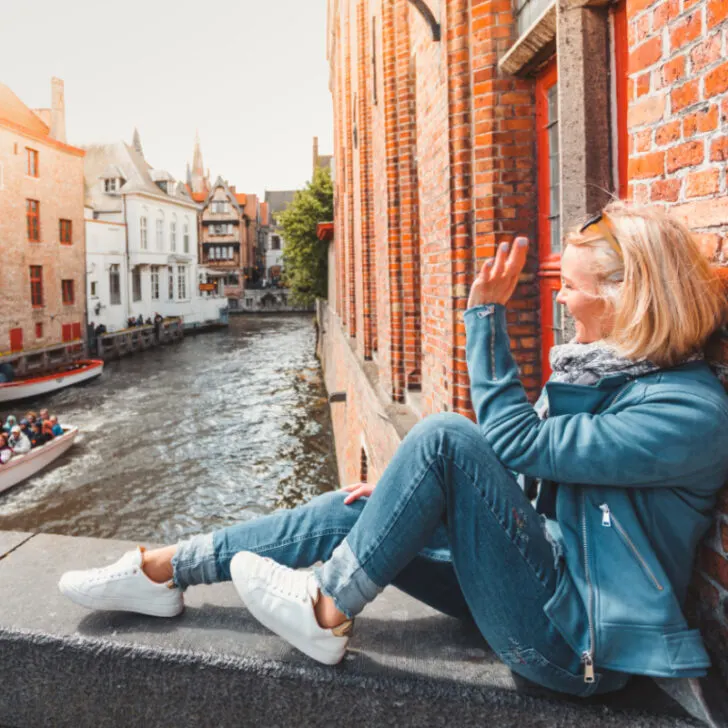
The UNESCO World Heritage city of Bruges in Belgium has also announced that it will stop issuing new holiday home permits in the city, limiting short term lets significantly.
Don’t want to contribute to Europe’s Airbnb frustration? The solution is incredibly simple. Just book a hotel room instead!
Credit: Source link

